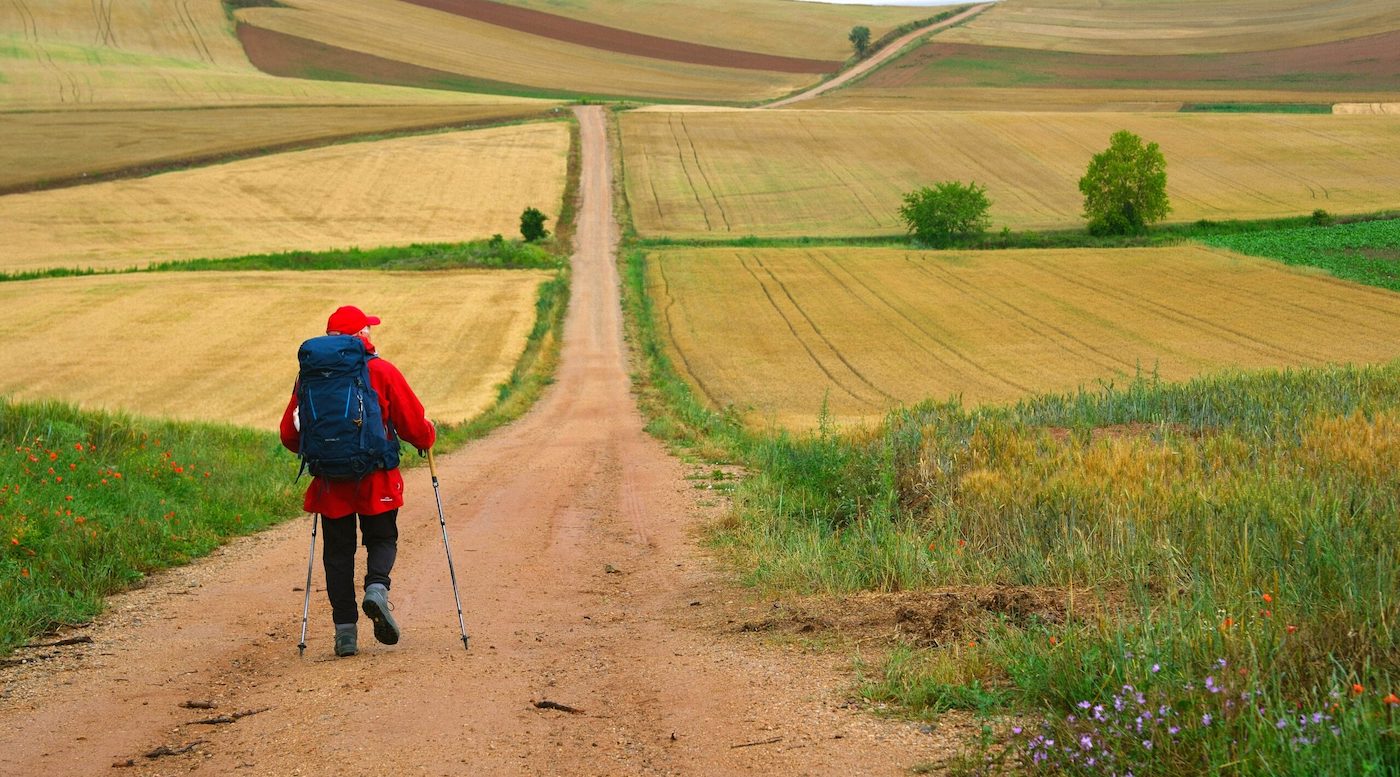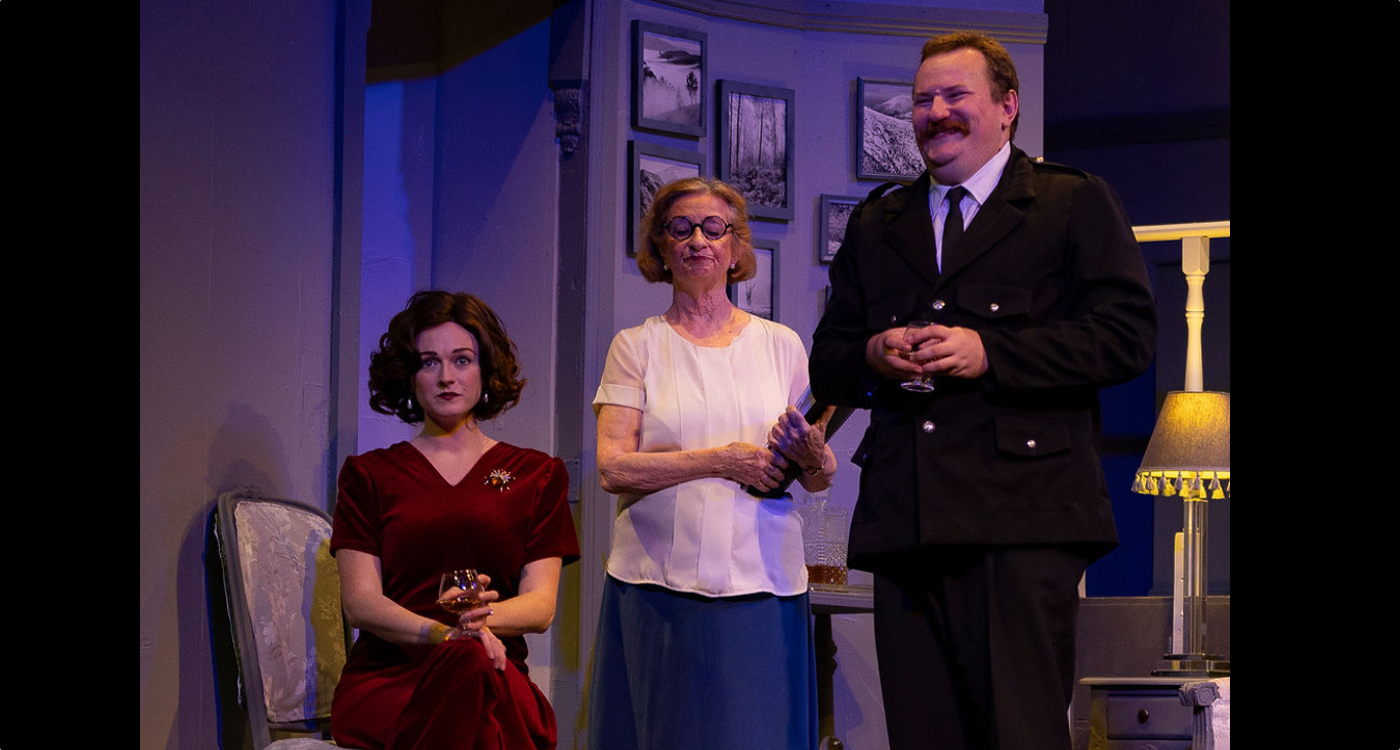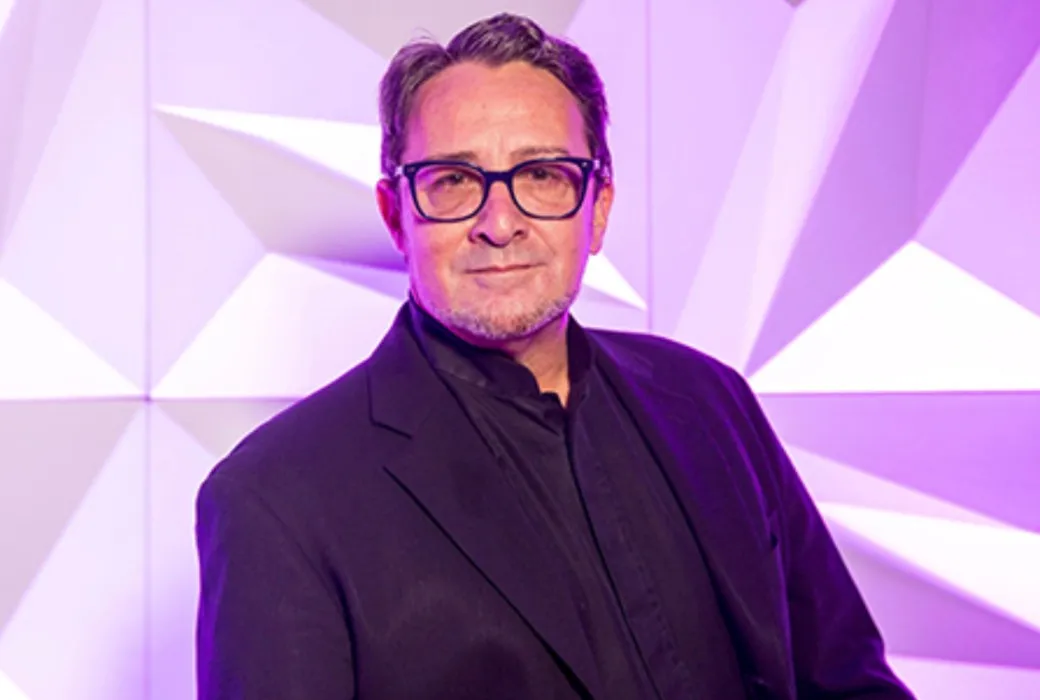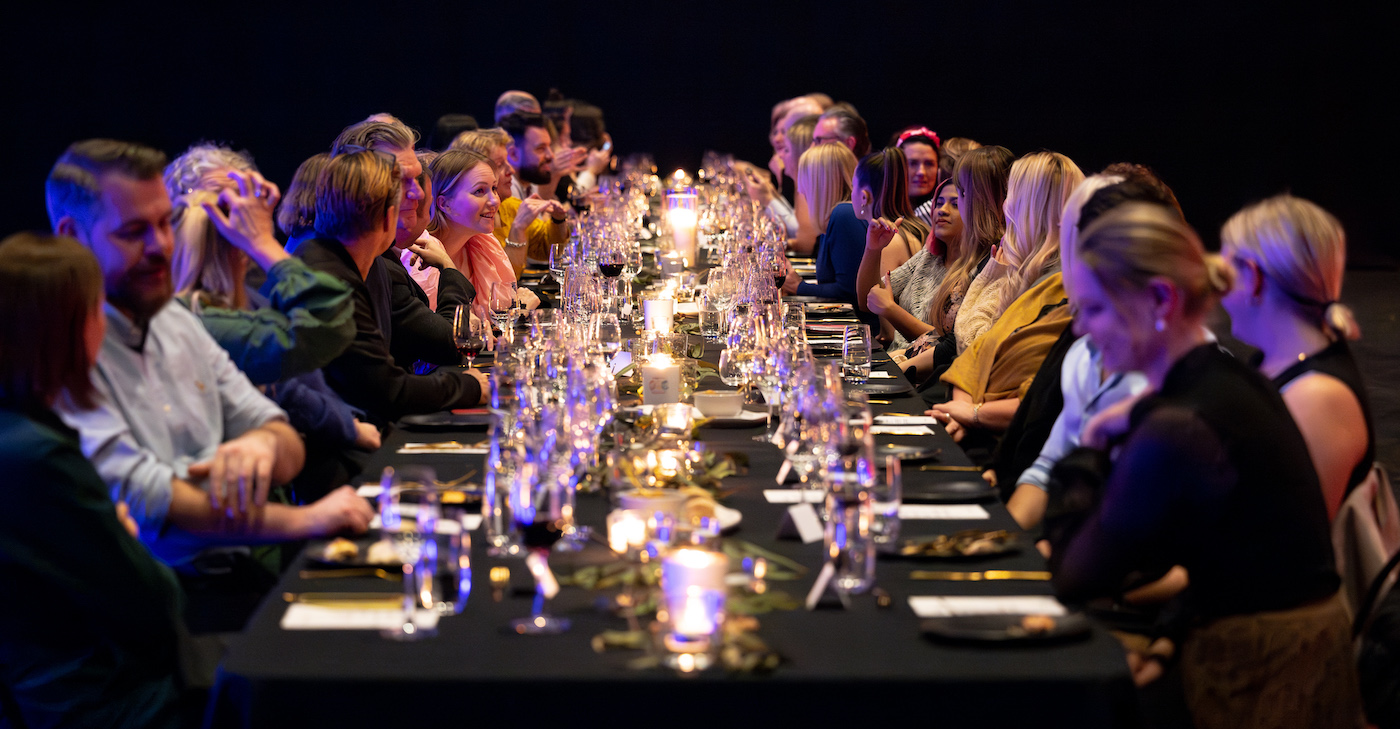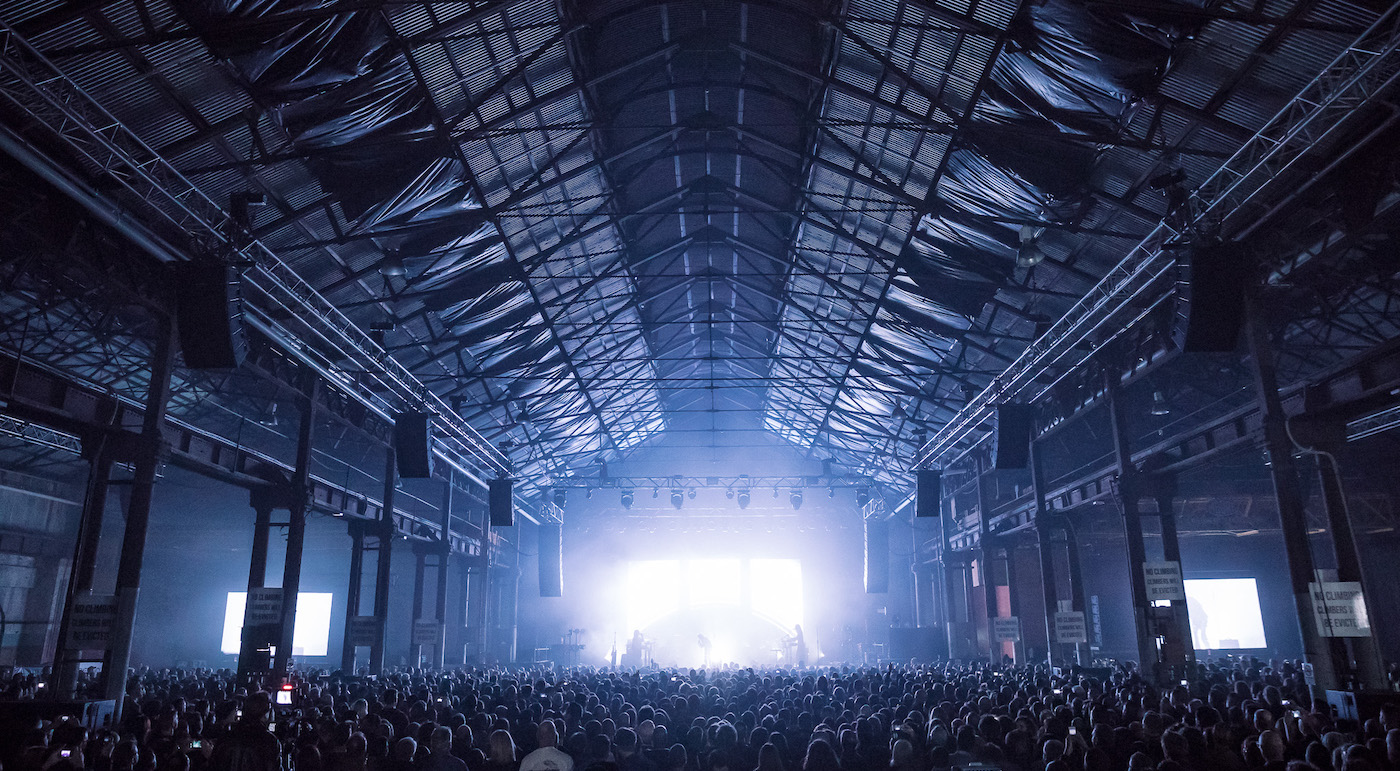
Film Festival gives waste the flick
The New Year is already underway, but the ‘Ghost of Christmas Excess’ still lingers in the homes of many Sydneysiders. Wrapping paper and other detritus cake the floor around a now-waning Christmas tree; empty bottles and a half-eaten feast, now spoiled, have been relegated to the wrong waste bins; and savvy shoppers are returning from post-Christmas sales with all the ‘essential’ purchases (lets face it: last year’s HD TV was looking a little inadequate).
With all this consumption, Sydneysiders could benefit from reflecting on how their actions, for better or worse, will impact the environment. As Australia’s only Academy Award-accredited short film festival, Flickerfest (7-16 January) provides filmophiles with a forum to be entertained (there’s a Star Wars tribute) and to learn how to minimise their ecological footprint. For Flickerfest’s 20th year, festival director Bronwyn Kidd has introduced the Greenflicks programme – a suite of 18 short-films geared towards conveying environmental messages using creative storytelling.
“The film’s aren’t intended to make people feel guilty or depressed about the environment and they don’t convey dry, beat-yourself-up messages,” Kidd explains, “They’ provide highly entertaining, provocative, hopeful and often funny insights into how Sydneysiders can assist the planet. We are also launching an online competition called the ‘Recycling Revolution’, which invites people to upload creative 90-second films on the environment.”
But Kidd and her staff are not content with merely screening green films – they want Flickerfest to be, at the very least, the greenest film festival in Australia. “We have a strong commitment to the environment and the Greenflicks initiative reflects this,” Kidd says, “We want to set an example for other events around the world by running Flickerfest in the most sustainable, environmentally-friendly way possible. That’s why we serve organic food and beverages, recycle and work with Waverley Council across waste management.”
Kidd encourages Sydneysiders to similarly embrace simple recycling procedures. “Not contributing to the waste is the most personal thing we can do for our city,” Kidd says, “That’s why the short Waste Not is so pertinent.”
Directed by Ruth Hessey, the communications director for veteran campaign group Total Environment Centre, Waste Not addresses the stigma surrounding human waste, whilst encouraging people to take action. “I made the film because I foresaw an environmental apocalypse,” Hessey explains, “We’ve got droughts, floods and climate change. We’re running out of phosphate, lithium and oil. We’re placing waste in the ground, which contaminates the soil and water, and we’re shipping waste to developing countries where people are doing dangerous things like removing cathode ray tubes, which contain lead, from televisions. Toxic materials are being dumped into waterways and researchers say the ocean is going to be dead in 38 years.”
Hessey admits the topic is “damn depressing”, but insists her film, which was edited by actor Aden Young and shot by cinematographer Bonnie Elliott, is anything but. “The environment movement was left deflated by Copenhagen (the 2009 UN Climate Change Conference),” Hessey explains, “I began to realise then that we needed to offer hope. So when the City of Sydney provided funding, I set out to inspire people with a beautiful, emotional film about rubbish. No one wants to live in a horrible nightmare metropolis where the air is unbreathable…(and Waste Not shows that) it doesn’t have to be this terrible scenario. If we start being more conscious about throwing things away and turning our waste into new produce instead of digging up our precious resources we can move towards a new green economy for Australia.”
For Waste Not, Hessey interviewed waste depot workers, scientists, environmentalists, and gardeners, as well as Tetsuya’s head chef Luke Powell – a nature-based cuisine convert – and Michael Mobbs – a former environmental lawyer whose Chippendale terrace is a sustainable dwelling that operates off the grid. “It was interesting to see so many people from different disciplines engaged in communicating an urgent environmental message,” Hessey says, “but its something ordinary Australians can get their head around too.”
So how can Sydneysiders contribute towards a more pristine Sydney? Hessey stresses that a greater awareness is vital. “Garbage doesn’t just disappear when the truck takes it away,” she explains, ‘somewhere out there, there are mountains old kitchen scrubbers and toothbrushes.” On a practical level, Hessey extols the virtues of household recycling. “You can start simply by ensuring plastic bottles are put in the plastic recycling bin,” she explains, “Then you can extrapolate and build on that. There are some amazing internet resources and people can learn how to compost their food waste and grow vegetables. In the film, Michael Mobbs says you can transform your home into a sustainable house using items from the hardware store. If enough of us do this, it would become a mass movement…a gentle revolution to take us to a greener, fairer world.” (JH)
Flickerfest (January 7-16), Bondi Pavilion, Bondi Beach, $5.00-140.00, (02) 9365 6888, http://flickerfest.com.au/home.aspx




